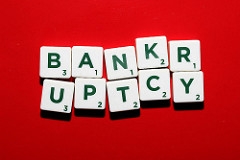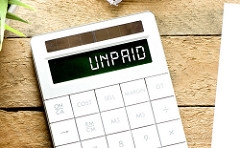The total value of overdue payments owed to UK small businesses has rocketed by an astonishing £1bn in just six months, according to a new report.
The survey by small business financiers Liberis found that the average SME was waiting on £11,000 in outstanding payments. When extrapolated across the country’s 5.5 million small businesses, that generates a total figure of £14.9bn - up by a billion on findings from just six months ago.
Read more: Late Payments to SMEs Soar By £1 BILLION in Six Months




